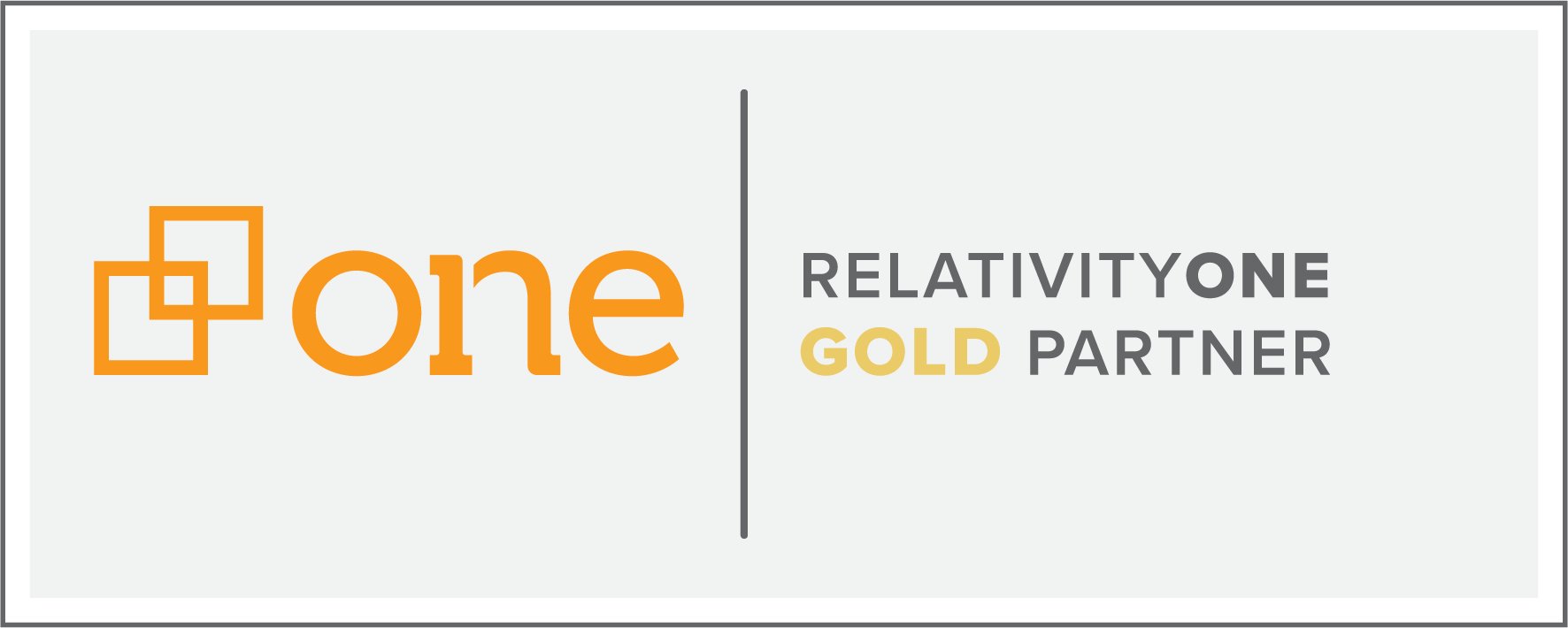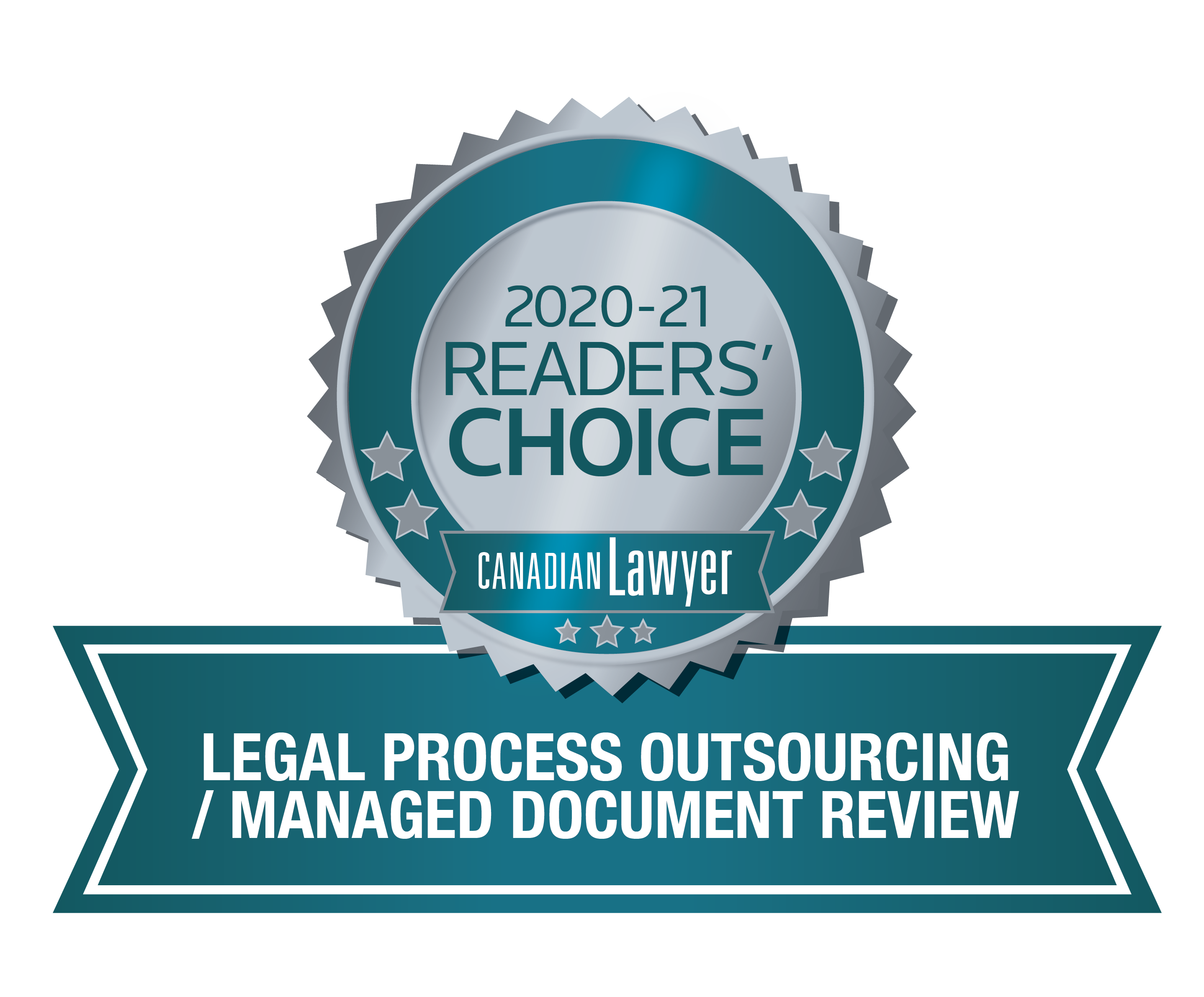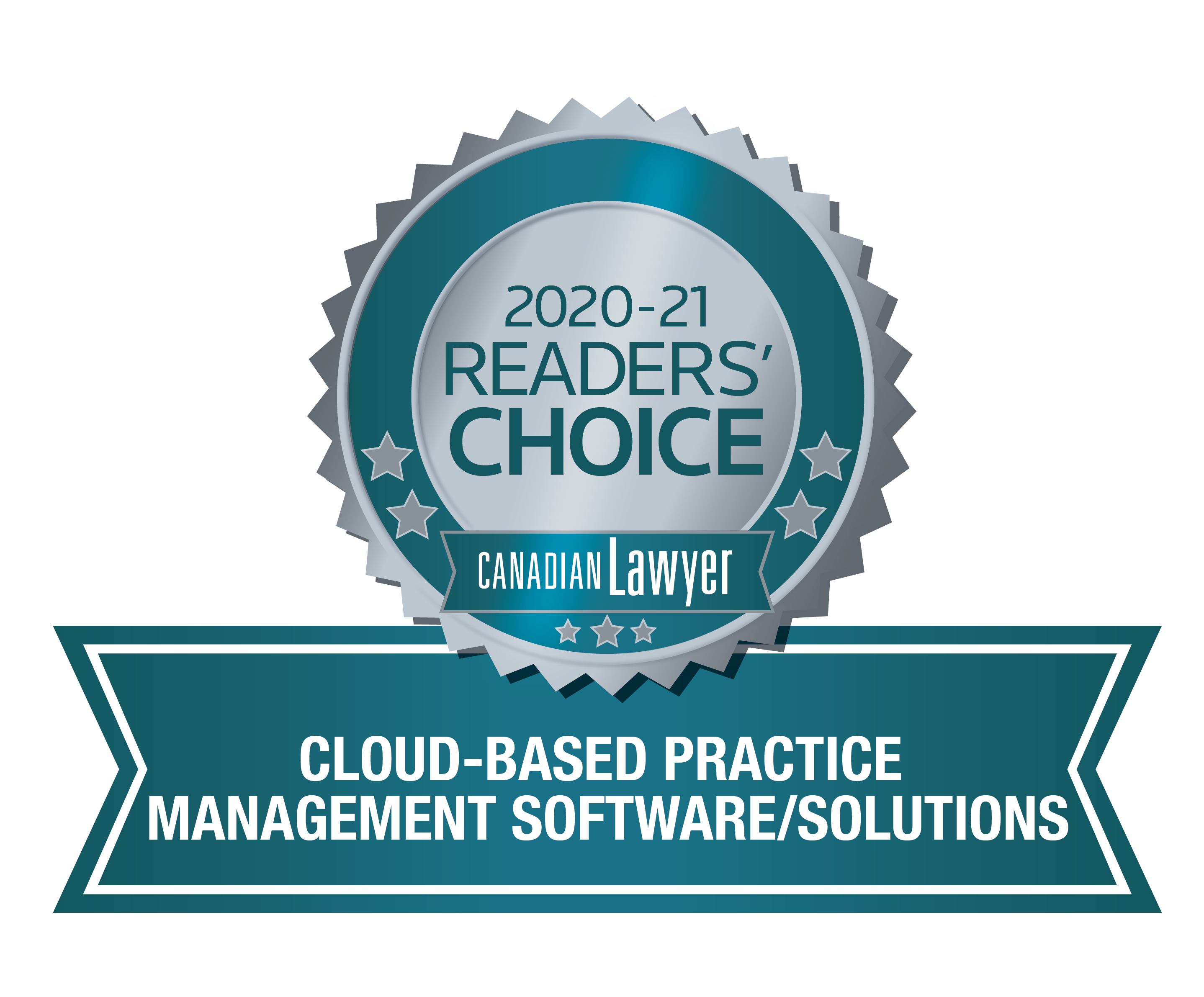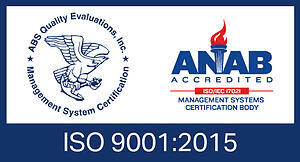Our team of eDiscovery specialists tackle your frequently asked questions and pressing "in the trenches" legal tech topics.

I recently attended a webinar presented by EDRM and Exterro on “How to Evaluate & Improve your eDiscovery Process”. Below are some insightful key questions the presentation outlined, which should be considered if you are assessing your own eDiscovery workflows.
Who at your organization should be involved in the evaluation? |
![]() Stakeholders might include:
Stakeholders might include:
- IT
- Legal
- Litigation Support
- Compliance
- Records Management
How do you recognize the value of your evaluation process? |
![]() Get stakeholders buy-in through:
Get stakeholders buy-in through:
- Providing metrics when possible of potential increases in efficiencies
- Showing them the cost of the risk by putting an actual dollar amount on it
- Outlining how it will affect the stakeholders day to day operations
What should be considered when evaluating each stage of the EDRM? |
![]() Information Governance
Information Governance
- How does the organization intake or create data?
- How does the organization store data?
- How is the data structured?
- Who has access to the data?
- How is old data dealt with?
- Is there a data retention policy?
![]() Identification/Preservation/Collection
Identification/Preservation/Collection
What is the organization’s level of automation?
- For legal holds:
- Is there a way to track compliance?
- Are there escalation policies for non-compliance?
- Are there notifications and reminders?
- Does the organization have the technical ability to preserve and collect data from:
- Employee computers
- Shared drives and in-house data archives
- Cloud software and data storage solutions
- Employee owned devices (BYOD smartphones, tablets, etc.)
- Social media and messaging platforms (Facebook, Twitter, Slack, Snapchat)
![]() Processing and Hosting
Processing and Hosting
- Is early case assessment (ECA) done internally or is there reliance on outside counsel?
- Does the organization have data storage policies, budget and capacity in place for eDiscovery needs?
- What technology does the organization have or what is available through a vendor?
- What is the workflow? i.e. ECA, searching, analytics
- Does the organization have people in place who understand each of these stages?
- What does the vendor offer that can’t be done in-house?
- What is the cost?
![]() Data Review and Analysis
Data Review and Analysis
- Is there documentation in place for the search and retrieval of documents?
- Are technologies like concept searching, clustering, de-duplication, advanced analytics and predictive coding used?
- Are the use of those technologies consistent across all cases?
- Who is doing the review? Legal counsel? Contract attorneys?
![]() Production
Production
- What is the privilege review process?
- How is it ensured that privilege information is not disclosed?
- Is the workflow defensible and repeatable?
![]() Matter Closing
Matter Closing
- How do you decide whether you keep or delete data?
- What does an outside vendor do with your data?
- Do you have a documented protocol for data disposition?
- Was there an order with the matter to destroy the data?
- Do you want to keep the work product for future cases?
![]() Personnel & Support
Personnel & Support
- Are you able to identify the person responsible for each of the processes?
- Are those people clear on their roles?
- Do they follow the documented procedures?
While the questions above are not exhaustive, they are certainly a good starting point to help determine where the gaps in your eDiscovery process may be, as well as how mature your eDiscovery process is.
Is there anything you would add to our list? Comment below or tweet us using #ReDTuesdaysTip.
You may also be interested in...
 Tuesday's Tip: Document Discovery Across Canada
Tuesday's Tip: Document Discovery Across Canada
A major component of eDiscovery is the exchange of documents between parties. Often times we are working within in our own jurisdictions, however there are certain cases where you may be dealing with a case in another province.
 Tuesday's Tip: Document Families (I Got it From My Mama!)
Tuesday's Tip: Document Families (I Got it From My Mama!)
The terms “parent” and “child” in eDiscovery are used to identify electronic documents and their attachments. Generally speaking, this is most common with emails – the email being the parent document and the child(ren) being the attachment(s) to the email.








